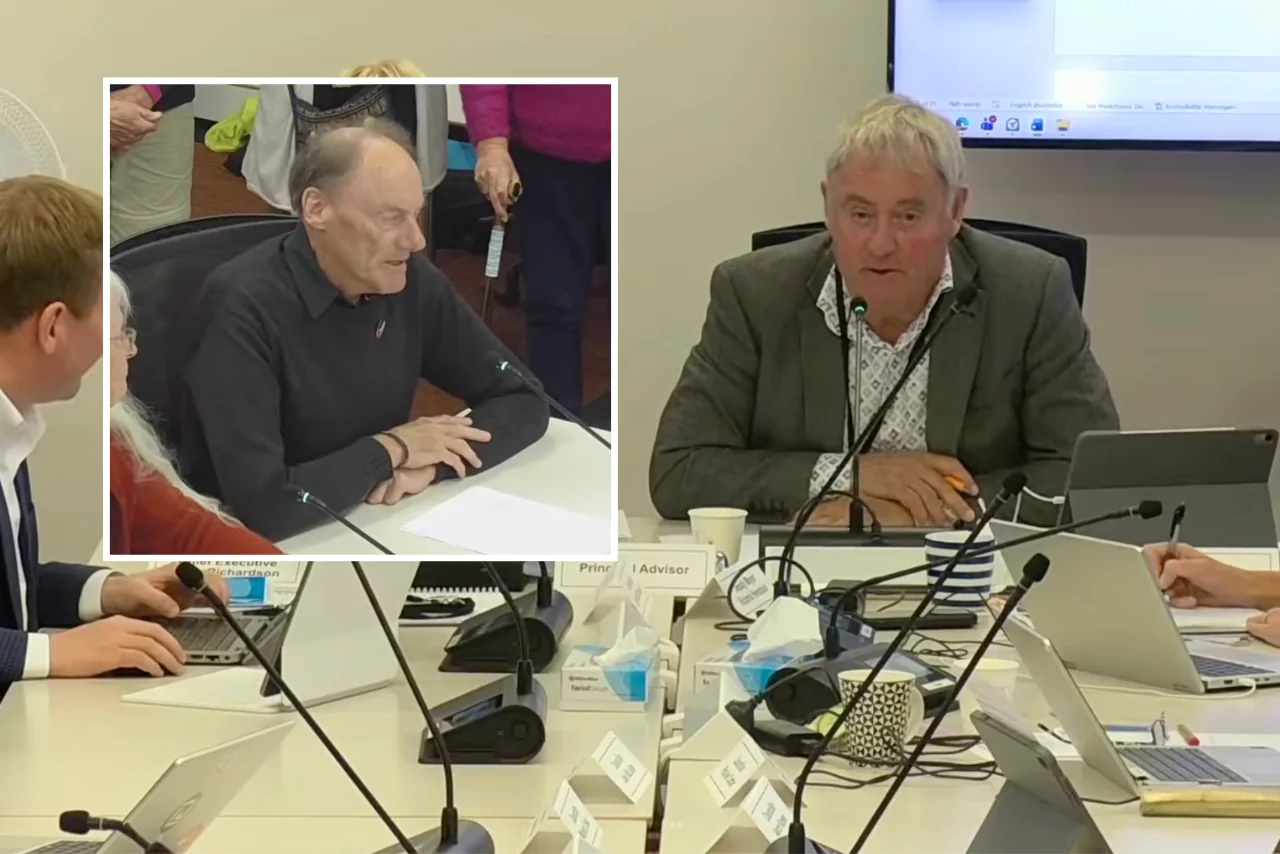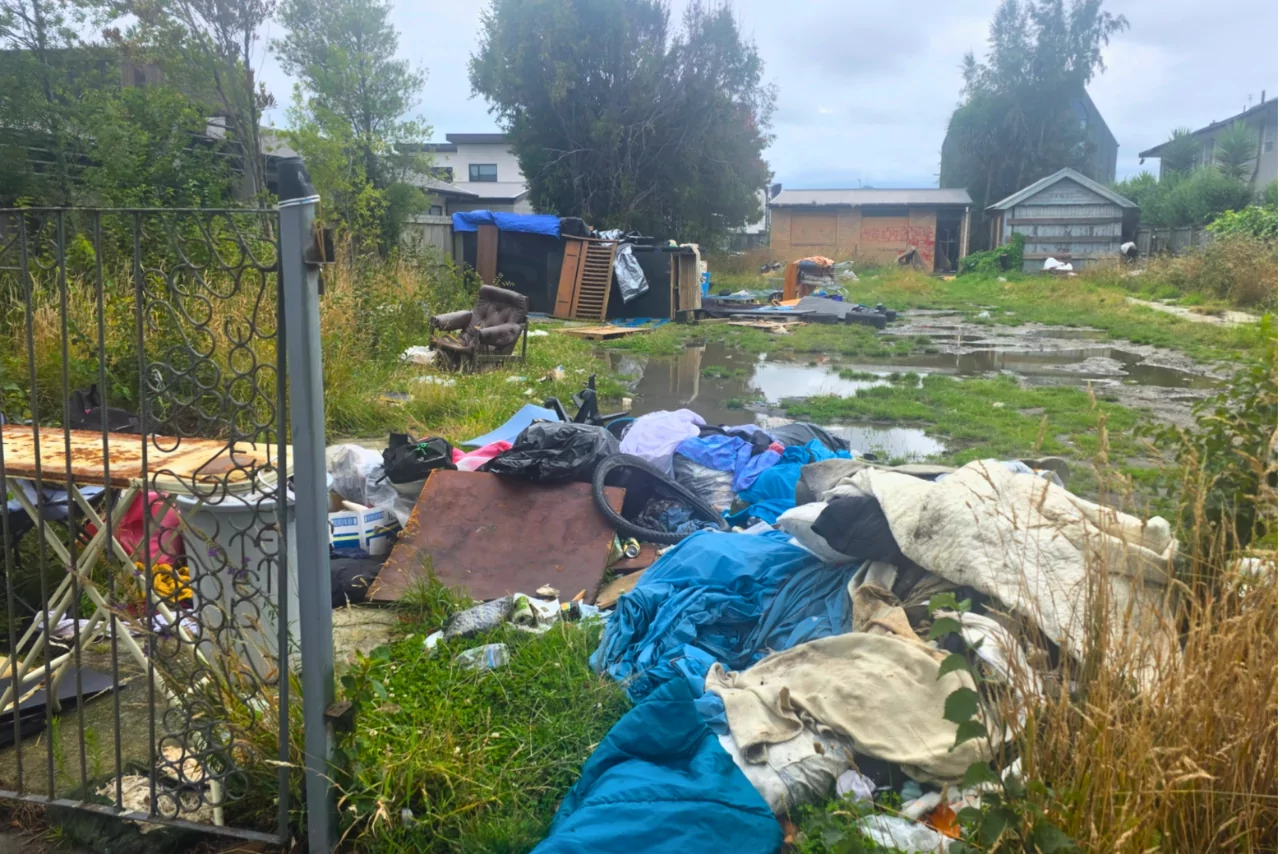Escaped youth tracked by Eagle helicopter, found hiding in New Brighton
The young person who escaped from a youth justice facility in Rolleston has been located...
Proudly powered by VAST – NZ’s leading digital advertising billboard company. FIND OUT MORE
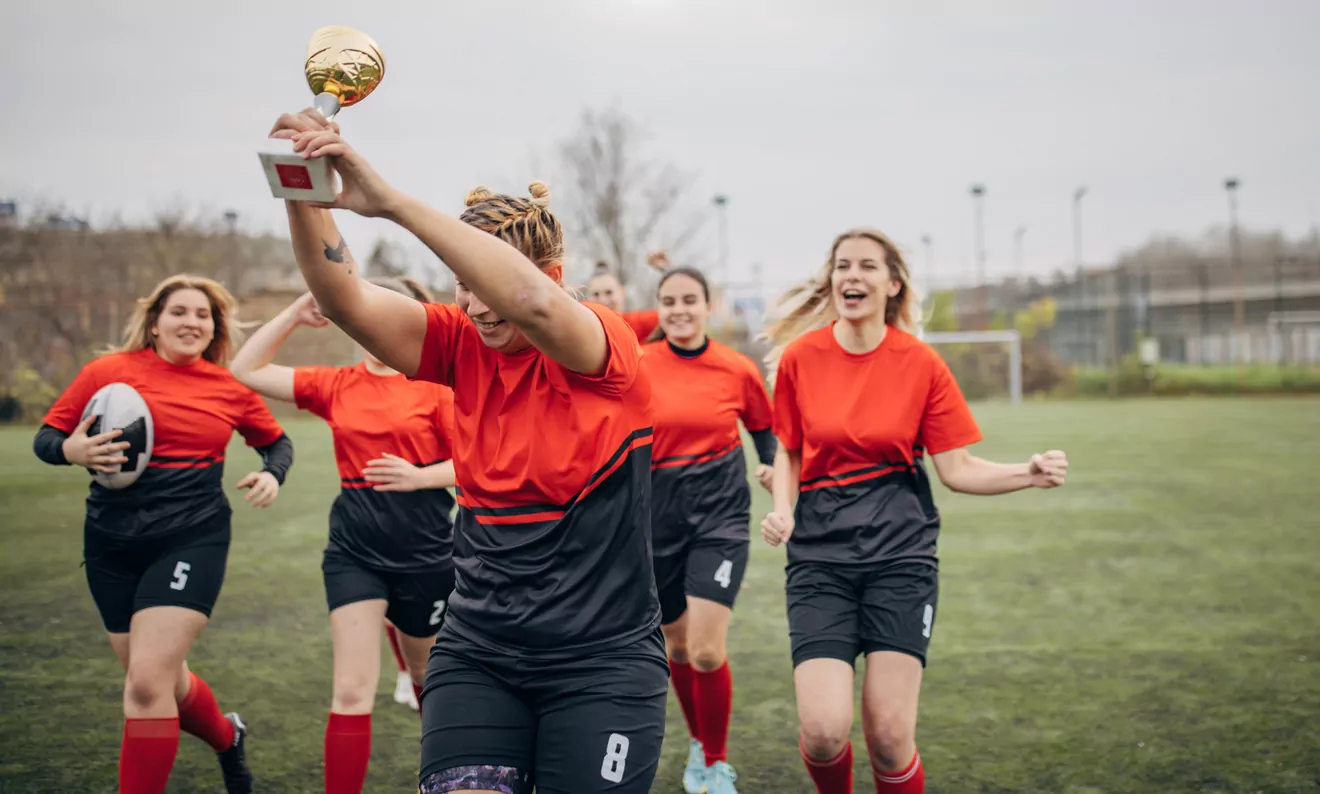
The Women’s Rights Party has submitted multiple complaints to the Human Rights Commission over what it says is misinformation in a public statement about transgender inclusion in sport.
Last week, the Commission condemned the Government’s decision to withdraw national guidelines for transgender participation in community sport.
Disability Rights Commissioner and Rainbow Rights spokesperson Prudence Walker said sport was a human right and removing the guidelines undermined “non-discrimination, respect, fairness, and equal opportunities for all.”
“It is a sad day when the government directs the kaitiaki of our play, active recreation, and sport system in Aotearoa New Zealand to withdraw the Guiding Principles for the Inclusion of Transgender People in Community Sport and remove the document from their website” Walker said.
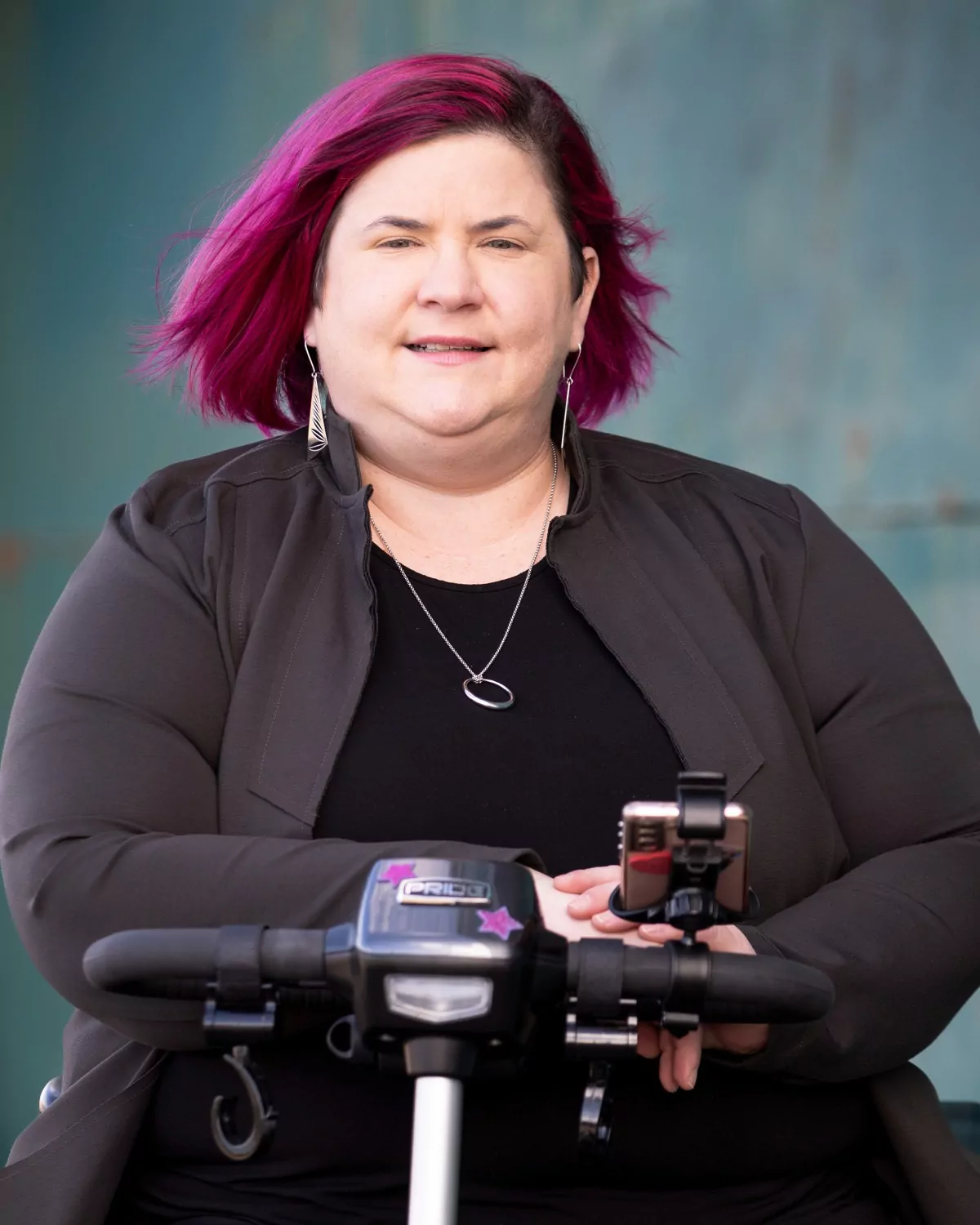
Prudence
Walker, Disability Rights Commissioner
“Sport has been widely recognised as a human right, promoting the values of non-discrimination, respect, fairness, and equal opportunities for all.
“At the core of the Sport NZ guidelines was the principle of inclusion. Sport has many physical, social, and psychological benefits which should be accessible to all. This is especially so for those who face high rates of discrimination, as transgender people do” Walker said.
“The principles were the result of extensive consultation over two years and were written in response to calls for help from national sporting organisations.”
Chief Human Rights Commissioner Dr Stephen Rainbow said the Commission was” committed to upholding the human rights of every New Zealander, including trans and non-binary people.”
But Women’s Rights Party co-leader Jill Ovens said the Commission misrepresented the law.
“Is it a human right for able-bodied people to compete in sport activities for those with disabilities? Is it a human right for 20-somethings to compete in Masters categories for competitors aged over 50 or 60?” she said.
“You can’t self-identify into a sports category and claim this is your human right.”
Ovens said the Human Rights Act does not support the Commission’s interpretation. Gender identity, gender expression, and sex characteristics are not listed in the 13 prohibited grounds of discrimination in section 21 of the Act.
She also cited section 49 of the Act, which allows the exclusion of people of one sex from competitive sport where strength, stamina or physique are relevant.
“Most sport is by nature competitive,” Ovens said. “You may argue that participation in community sport is just for fun, so fairness and safety are not at issue. In fact, where superior strength and physique is involved, untrained and unfit participants are more likely to be hurt — especially if they are women playing with men, or girls playing with boys, no matter how the men or boys identify.”
Equal Employment Opportunities Commissioner and Women’s Rights spokesperson Gail Pacheco had said international human rights law supported the rights of people to be free from discrimination based on gender identity and expression.
But Ovens argued that this interpretation did not reflect current New Zealand law.
At the bottom of its press release, the Commission said “gender” and “gender identity and expression” were prohibited grounds for discrimination under the Act.
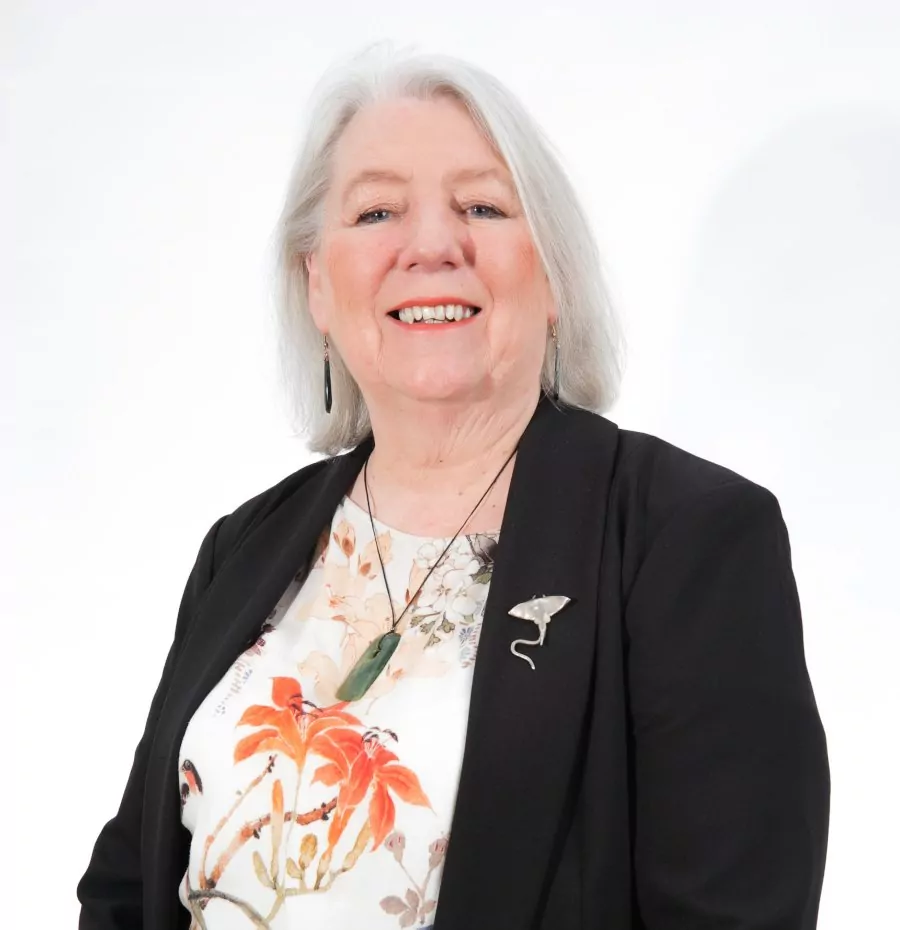
Women’s Rights Party co-leader Jill Ovens
“No, they are not,” Ovens said in her complaint. “I can’t believe that you, as Human Rights Commissioners, do not understand your own Human Rights Act.”
Ovens also criticised the suggestion that the removal of the guidelines would exclude transgender and non-binary people from participating in sport.
“This is not the case. In withdrawing the guidelines, the Government is leaving it up to sports bodies to determine their own rules. Many already offer mixed or open categories,” she said.
Save Women’s Sports Australasia, which participated in the original consultation process for the guidelines, said the rights of women and girls were not properly considered.
The Law Commission is currently reviewing whether gender identity and expression, and sex characteristics, should be added to the Human Rights Act. The report was due in June but has been delayed until at least September, according to the Women’s Rights Party.
The party is urging concerned members of the public to write directly to Chief Human Rights Commissioner Dr Stephen Rainbow, as well as to Prudence Walker and Gail Pacheco, rather than submitting complaints through the Commission’s website.
